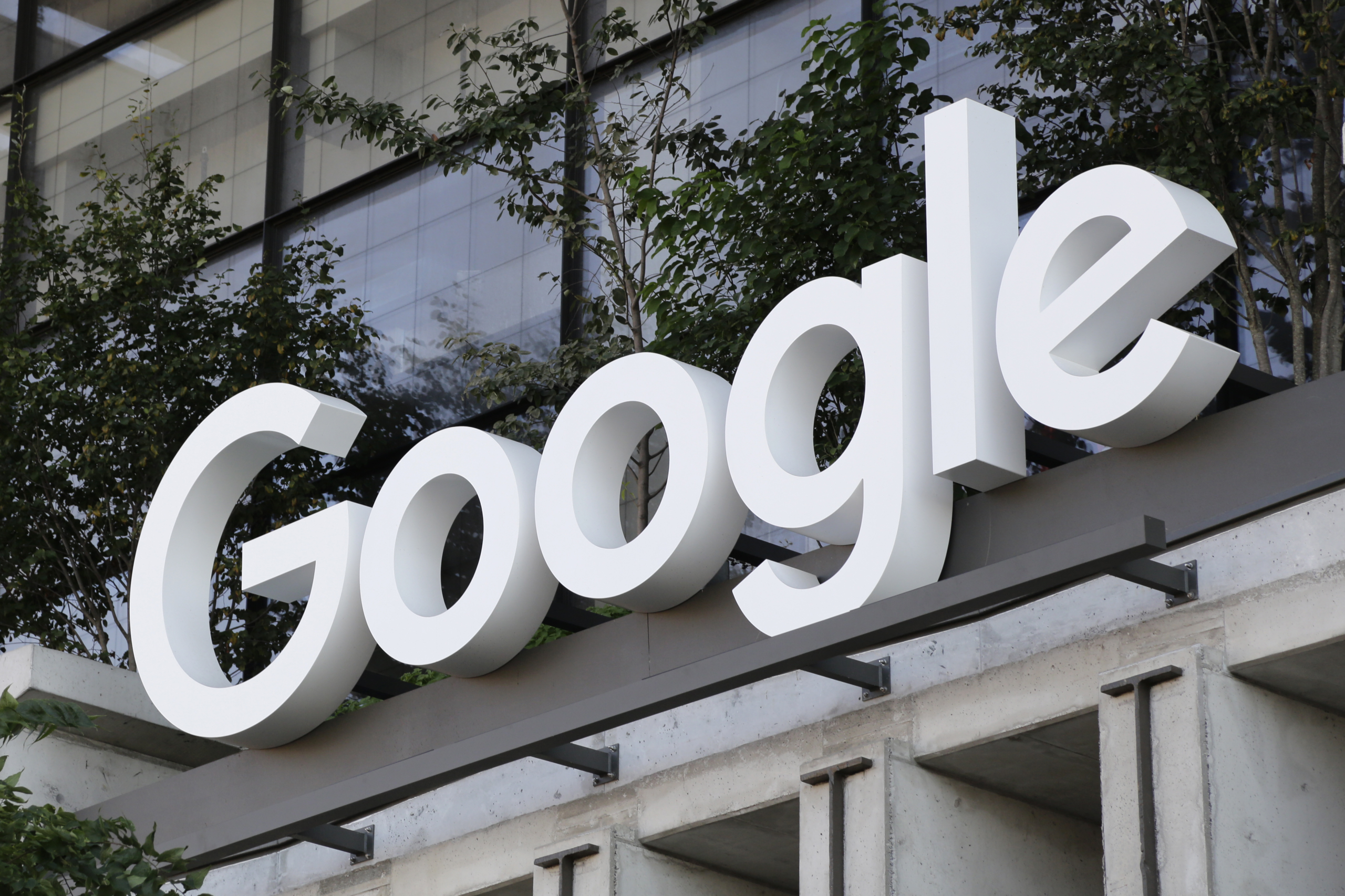Judge to hear arguments on whether Google's advertising tech constitutes a monopoly

ALEXANDRIA, Va. (AP) — Google, already facing a possible breakup of the company over its ubiquitous search engine, is fighting to beat back another attack by the U.S. Department of Justice alleging monopolistic conduct, this time over technology that puts online advertising in front of consumers.
The Justice Department and Google are scheduled to make closing arguments Monday in a trial alleging Google's advertising technology constitutes an illegal monopoly.
U.S. District Judge Leonie Brinkema in Alexandria, Virginia, will decide the case and is expected to issue a written ruling by the end of the year. If Brinkema finds Google has engaged in illegal, monopolistic conduct, she will then hold further hearings to explore what remedies should be imposed.
The Justice Department, along with a coalition of states, has already said it believes Google should be forced to sell off its ad tech business, which generates tens of billions of dollars annually for the Mountain View, California-based company.
After roughly a month of trial testimony earlier this year, the arguments in the case remain the same.
The Justice Department contends Google built and maintained a monopoly in “open-web display advertising,” essentially the rectangular ads that appear on the top and right-hand side of the page when one browses websites.
Google dominates all facets of the market: A technology called “DoubleClick” is used pervasively by news sites and other online publishers, while “Google Ads” maintains a cache of advertisers large and small looking to place their ads on the right webpage in front of the right consumer.
In between is another Google product, AdExchange, that conducts nearly instantaneous auctions matching advertisers to publishers.
In court papers, Justice Department lawyers say Google “is more concerned with acquiring and preserving its trifecta of monopolies than serving its own publisher and advertiser customers or winning on the merits.”
As a result, content providers and news organizations have never been able to generate the online revenue they should due to Google’s excessive fees for brokering transactions between advertisers and publishers, the government says.
Google argues the government's case improperly focuses on a narrow niche of online advertising. If one looks more broadly at online advertising to include social media, streaming TV services, and app-based advertising, Google says it controls only 25% of the market, a share that is dwindling as it faces increased and evolving competition.
Google alleges in court papers that the government’s lawsuit “boil(s) down to the persistent complaints of a handful of Google’s rivals and several mammoth publishers.”
Breaking news
See all






